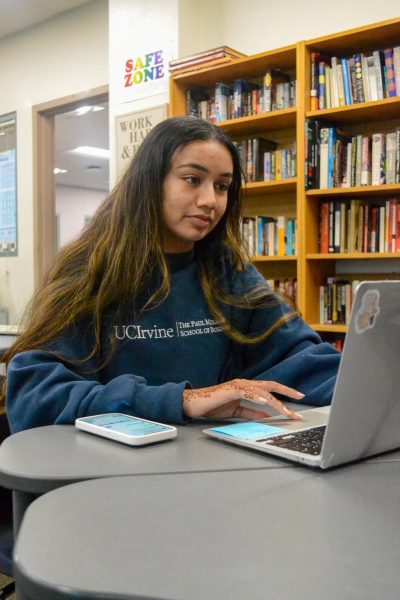Justified censorship of online extremism
Many social media influencers like Andrew Tate use their platforms to disseminate discriminatory ideas, and quickly gain a popular following off of hype.
September 26, 2022
Social media has become a hub that fosters growth, spreads new ideas and offers new information. However, the spread of false information and hateful speech has become even more prevalent with extremist groups utilizing platforms to spread hateful ideas that cater to their agenda. Banning harmful social media users with a large following is a justified method to promote a safe online community, especially when users continuously violate community guidelines.
Community guidelines exist to make an online community safe and to establish the standard of behavior expected on the platform. Although some may argue that First Amendment rights are violated when accounts are banned, social media companies are not government associated and their platforms are not public forums, and therefore are not subject to free speech protections. In simpler terms, freedom of speech does not equate to freedom on Instagram. Technology companies have banned accounts before, including former President Trump following the Jan. 6 insurrection and more recently extreme internet personality and former kickboxer Andrew Tate’s ban for violating community guidelines with hate speech, violence and dehumanizing individuals/groups. Tate’s ban across social media platforms is a prime example of how big tech should take action against harmful ideas on their platforms.
Following an appearance on the television show “Big Brother” in 2016, Tate garnered significant media attention for his extreme statements. Notably, he has compared women to property and stated that women should “bare some responsibility” for being sexually assaulted, among other repulsive sexist, homophobic and racist statements. Until his social media ban in August, his influence on teenage boys and young men in particular was growing, with many viewing him as “exactly the role model they need”.
“The majority of our students, especially the juniors, are obsessed with him and the outlandish views he portrays,” teachers from an all-boys secondary school shared with a New Zealand podcast.
“They are starting to genuinely believe being successful is synonymous with abusing women.”
These New Zealand teachers have observed young boys parroting Tate’s deplorable statements, but due to social media’s global footprint, young men around the world had access to Tate’s brand of hyper-toxic masculinity.
Thus, Meta, TikTok and Youtube made the right choice to remove Tate from their platforms. By removing his platform, they have limited the impact Tate’s message of violent misogyny may have on young boys, who are vulnerable to adopting dangerous behavior as a result of these harmful ideas.
In addition to banning Tate, media companies should continue to limit conversations that promote hate speech or violent ideologies. This means not prioritizing popularity of content over the message or at the very least including a content warning or disclaimer before videos or content that might be harmful.
With the undeniable influence social media has on youth, it is the responsibility of tech companies to enforce community guidelines and take action when users fail to uphold those guidelines, even if that means removing the user.


























































